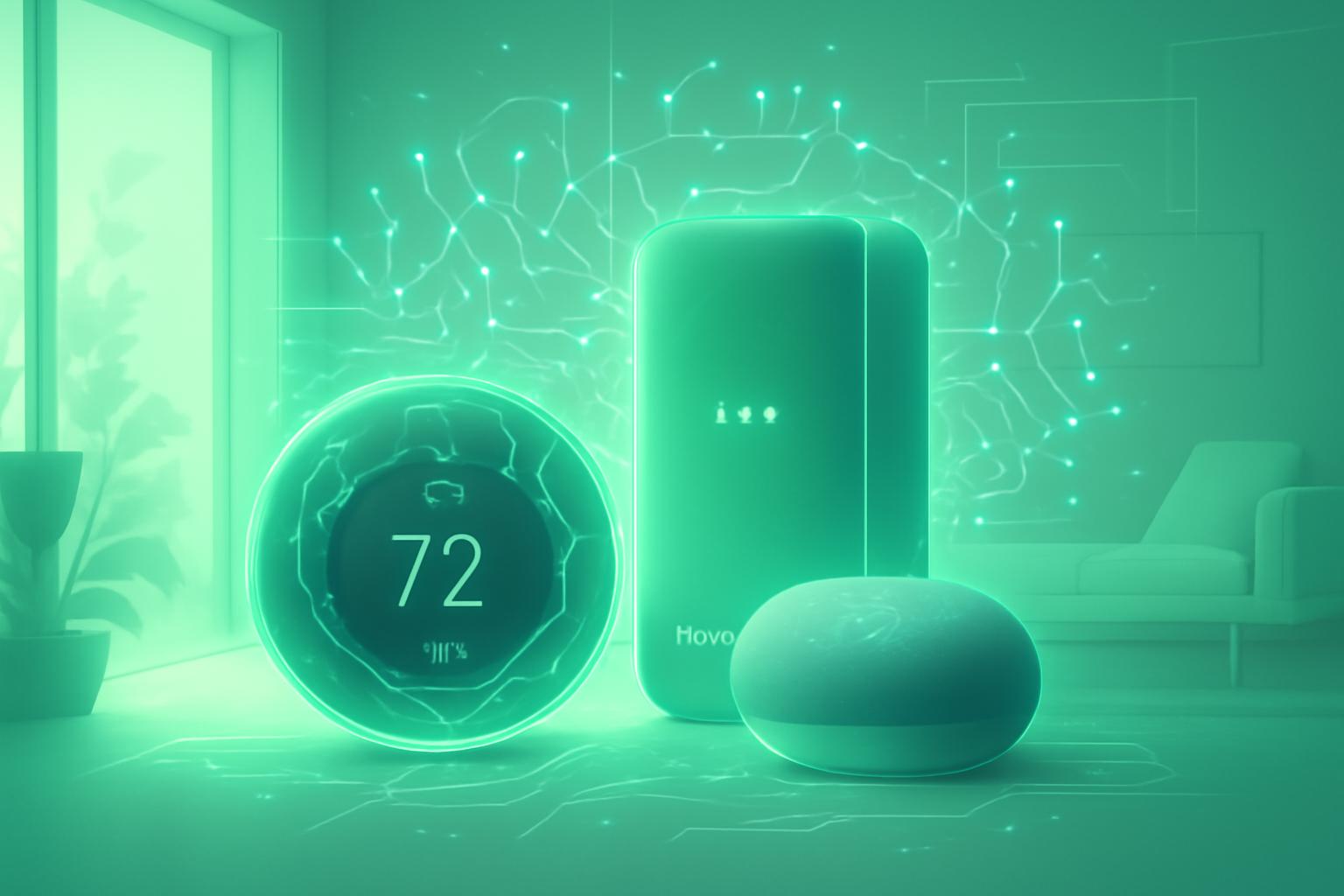Google Unveils Gemini-Powered Smart Home Devices and Strategy
Just one day after Amazon’s debut of its AI-powered Echo devices, Google revealed its refreshed lineup of Google Home and Nest devices. These new devices showcase Google’s advanced AI assistant, Gemini, underscoring the company’s renewed focus on smart home innovation and AI integration.
Hardware Innovation and Open Ecosystem Approach
Google plans to continue developing flagship hardware in select categories to demonstrate Gemini’s full potential. Simultaneously, it aims to make Gemini widely accessible across various manufacturers and price points, mirroring its Android ecosystem strategy.
“We’re going to build flagship hardware in certain categories where we think there’s a lot of room to showcase innovation and push the boundaries of what’s possible with Gemini,” said Anish Kattukaran, Chief Product Officer at Google Home and Nest. “But Gemini shouldn’t be limited to devices from one manufacturer or price point.”
Google’s new Nest lineup includes the Nest Cam Outdoor, Nest Cam Indoor, and Nest Doorbell, all powered by Gemini AI. The company also teased an upgraded Google Home speaker slated for spring 2026 and announced a budget-friendly camera and doorbell in partnership with Walmart.
Bringing AI to Existing Devices
Rather than forcing consumers to purchase new hardware, Google is enabling Gemini AI on existing devices that meet certain hardware requirements. With over 800 million devices in its ecosystem—including third-party products connected via Google Home Cloud-to-Cloud APIs and the Matter protocol—this approach maximizes Gemini’s reach. This phased rollout allows Google to test Gemini’s performance with current users before introducing it on new flagship hardware, such as the upcoming Google Home speaker.
Expanding Gemini Through Partnerships
Google is equipping its “Works with Google Home” partners with tools to integrate Gemini AI, including a new reference hardware design, System on Chip (SoC) recommendations, and a Google Camera embedded SDK. Walmart is the first to launch affordable Gemini-powered smart home devices under its onn brand.
Enhanced Conversational AI for Natural Interaction
Gemini introduces more natural, fluid interactions with smart home devices. Users can issue complex, conversational commands without repeating wake words, enabling multiturn dialogues and contextual understanding.
- Play songs or podcasts by vague descriptions and request related information.
- Create interactive bedtime stories with user participation.
- Manage household tasks like calendars, timers, and shopping lists through intuitive dialogue.
- Control multiple smart devices simultaneously with chained commands and conditional exceptions.
For example, users can ask Gemini to add ingredients for a recipe to a shopping list by simply naming the dish and specifying portion size, or set timers tailored to cooking preferences.
Smarter Device Management and Notifications
Gemini improves the intelligence of smart cameras and doorbells by filtering notifications and summarizing significant events, reducing alert fatigue. The AI also assists with preset routines, energy usage insights, and home automation setups, offering personalized safety and convenience suggestions through a new “Ask Home” feature.
Revamped Google Home App Powered by Gemini
The Google Home app has been redesigned for speed and stability, now enhanced by Gemini AI. It provides detailed event descriptions, activity summaries, and direct access to relevant clips from security cameras. Some advanced features will require a Google Home Premium subscription. The app update is available in early access, with new Nest and Walmart devices already on the market and Google’s upgraded Home speaker expected in spring 2026.
Future Vision: Conversational AI as the New Norm
“I’m so bullish on this experience becoming the de facto thing,” said Anish Kattukaran. “Between having a more conversational assistant, Gemini Live, access to endless information and creativity, and ‘Ask Home,’ we’re laying the foundation for a home that can see, hear, understand, and act on your behalf.”
FinOracleAI — Market View
Google’s Gemini-powered smart home initiative marks a significant advancement in AI integration within consumer devices. By combining flagship hardware innovation with broad ecosystem accessibility, Google positions itself strongly against competitors in the burgeoning AI-powered smart home market.
- Opportunities: Increased adoption through backward compatibility; ecosystem expansion via third-party partnerships; enhanced user engagement with natural conversational AI.
- Risks: Dependence on hardware capabilities may limit immediate reach; premium subscription model could slow feature adoption; competitive pressure from Amazon and other AI device makers.
Impact: Google’s strategic blend of hardware innovation, AI software enhancement, and open ecosystem development is poised to strengthen its foothold in smart home technology, driving future growth and user retention.













